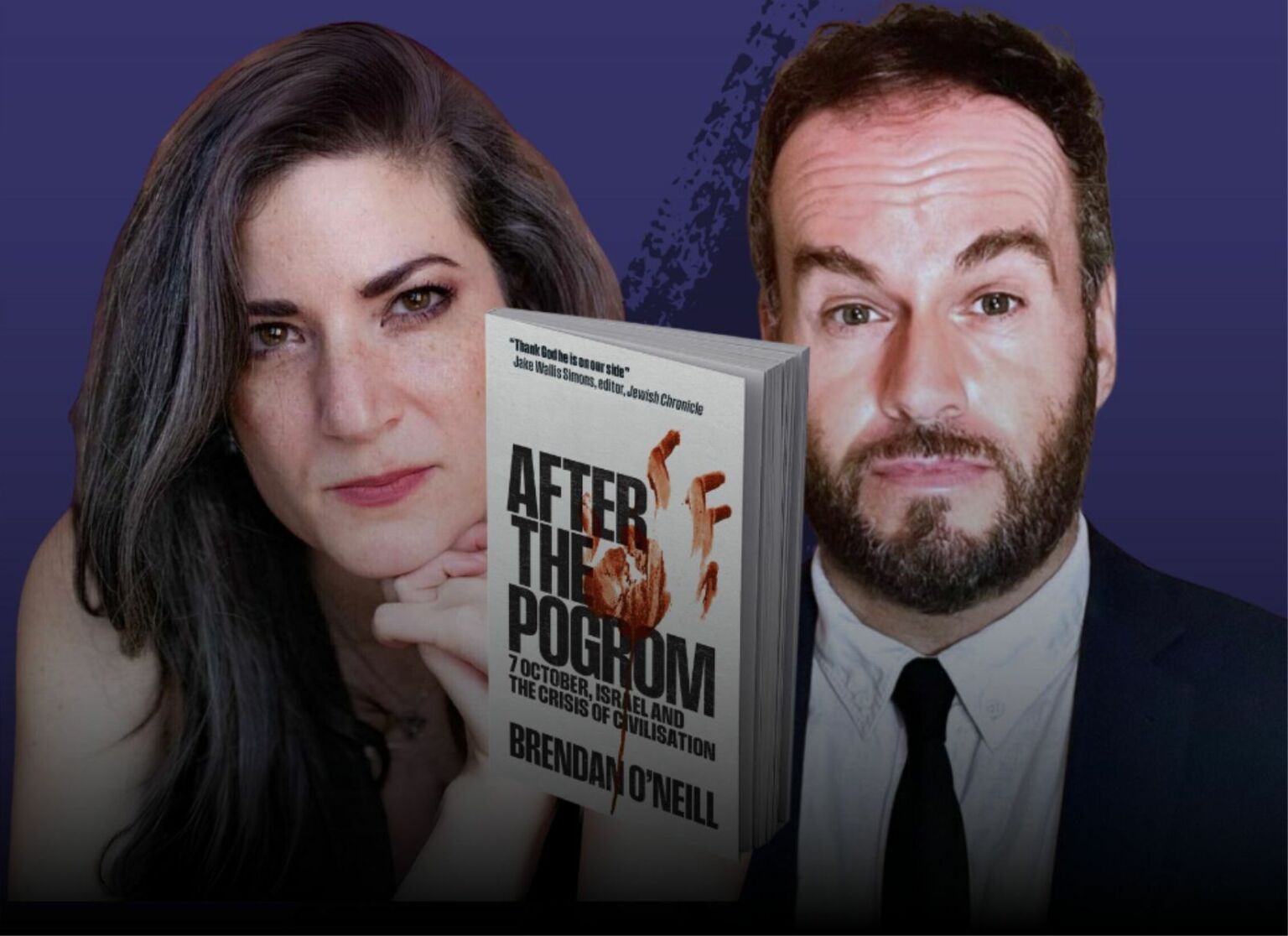Kemi is right – not all cultures are ‘equal’
It’s not racist to call out child marriage and misogyny.

Want to read spiked ad-free? Become a spiked supporter.
Kemi Badenoch’s perfectly legitimate view, that ‘not all cultures are equally valid’ when it comes to deciding who should be allowed to settle in the UK, has been greeted with outrage from the usual suspects.
The UK Tory leadership contender made the point in a piece outlining her approach to immigration for the Sunday Telegraph. She writes that Britain is not simply ‘a dormitory for people to come here and make money’, and that migrants’ cultural backgrounds matter, too. ‘We cannot be naïve and assume immigrants will automatically abandon ancestral ethnic hostilities at the border’, she adds.
She expanded on her op-ed during a discussion last weekend, on the BBC’s Sunday with Laura Kuenssberg. ‘Cultures that believe in child marriage, or that women don’t have equal rights’ are not in line with ‘Western principles’, she said.
None of this should be controversial. Badenoch is right to point out that most politicians only want to talk about the economic impact of immigration – whether positive or negative – on growth, productivity and wages. Too many ignore the cultural impact of immigration. And the truth is that certain migrants from certain backgrounds find it easier to integrate into British society and adopt its liberal democratic values than others.
Badenoch is also correct to warn of the danger of importing ethnic hostilities to the UK, and disrupting domestic community relations. We saw how this can play out in the Leicester riots of 2022. The street battles between youths from Indian and Pakistani backgrounds were sparked, in part, by recent immigration trends in the area. Rob Nixon, the chief constable of Leicestershire Police, said at the time that Leicester had struggled to integrate ‘new and emerging communities’ and pointed out the ‘lack of social or cultural respect’ between them.
Furthermore, immigration can also import political conflicts. In December last year, members of the Eritrean diaspora fought out a sectarian battle in Camberwell, south London. It led to multiple arrests and the hospitalisation of a policeman. While there have been conflicting reports on the origins of the disorder, it appears that those loyal to Eritrean president Isaias Afwerki were clashing with those who oppose the dictator and want him removed from office.
In her Sunday Telegraph piece, Badenoch drew attention to the importation of anti-Israel hatred to the UK. There are plenty of criticisms to make of the Netanyahu-led Israeli government, and there’s a strong case to be made for the UK to officially recognise Palestinian statehood. But large parts of the pro-Palestine movement go well beyond such calls for Palestinian self-determination. This includes the frequent chanting of anti-Jewish slogans and the displaying of pro-Hamas symbols. This not only shows a flagrant disregard for the law (it is an offence to glorify terrorism), it also intimidates and endangers Britain’s Jewish communities.
As it stands, the UK has an immigration system that is too focused on economic factors, and which fails to consider social, cultural and political integration into British society. Policymakers certainly need to look at the education and skills of migrants, but they also need to consider the political, social and legal norms prevailing in migrants’ places of origin.
Badenoch has a point. The UK desperately needs a new post-Brexit settlement when it comes to immigration – one that takes into account both economics and culture.
Rakib Ehsan is the author of Beyond Grievance: What the Left Gets Wrong about Ethnic Minorities, which is available to order on Amazon.

After the Pogrom – book launch
Tuesday 1 October – 7pm to 8pm BST
Batya Ungar-Sargon interviews Brendan O’Neill about his new book. Free for spiked supporters.
Picture by: Getty.
Celebrate 25 years of spiked!
A media ecosystem dominated by a handful of billionaire owners, bad actors spreading disinformation online and the rich and powerful trying to stop us publishing stories. But we have you on our side. help to fund our journalism and those who choose All-access digital enjoy exclusive extras:
- Unlimited articles in our app and ad-free reading on all devices
- Exclusive newsletter and far fewer asks for support
- Full access to the Guardian Feast app
If you can, please support us on a monthly basis and make a big impact in support of open, independent journalism. Thank you.







Comments
Want to join the conversation?
Only spiked supporters and patrons, who donate regularly to us, can comment on our articles.